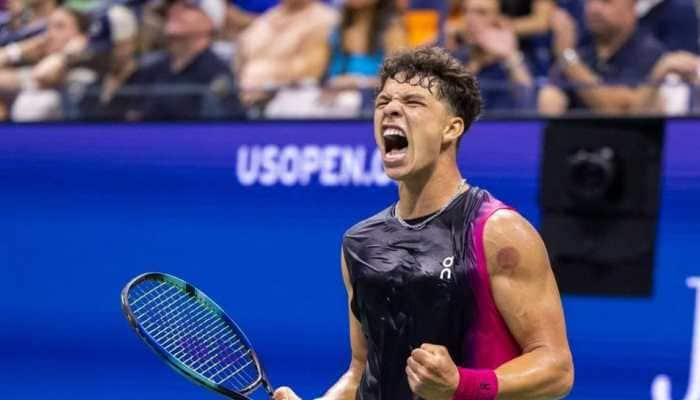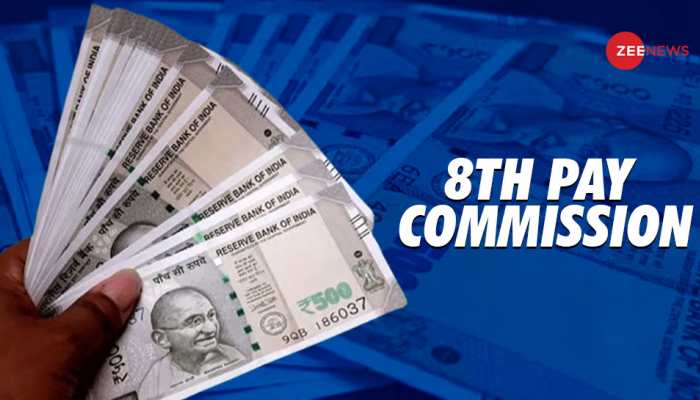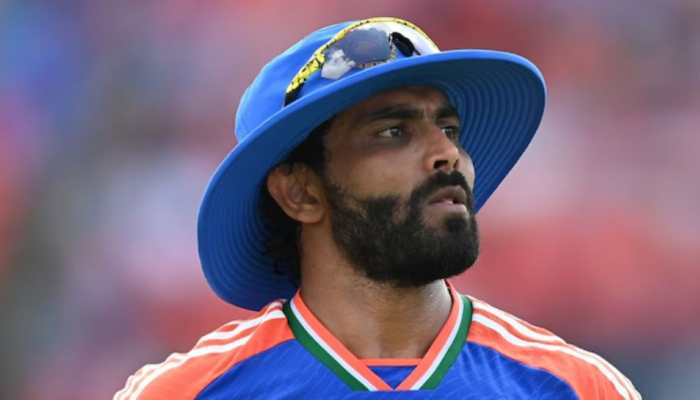Independence Day EXCLUSIVE: Rakeysh Omprakash Mehra defines a ‘perfect’ patriotic film
Rakesyh Omprakash Mehra—the director of films like Aks, Rang De Basanti, Delhi 6, Bhaag Milkha Bhaag, Mere Pyare Prime Minister and Toofan—explains what it takes to make an impactful patriotic film, and whether there is a template for such films.
- Rakeysh Omprakash Mehra reveals how Rang De Basanti was made
- He narrates the story of Milkha Singh becoming the Flying Sikh
Trending Photos
)
Rang De Basanti, upon its release in 2006, inspired many social movements and brought youths together. Same happened when Delhi 6 and Bhaag Milkha Bhaag released. These films were unique in their texture and message. On Independence Day, we asked the storyteller behind these films—Rakeysh Omprakash Mehra—how would he define a good patriotic film, and how the meaning of freedom has changed over the years.
Here are the excerpts from the conversation:
How do you define a patriotic film?
There is much more to patriotism than just films, which are a very small way of expressing it. Patriotism is a part of collective consciousness of a nation. Moving forward, it’s like a global collective consciousness. The connectivity is so strong, the information is free flowing. Patriotism today has assumed a larger meaning.
Let me give you an example. The entire world is going through a very challenging and difficult phase. There are waves after waves we have to face up to, and the frontline workers—the doctors, medical staff, scientists—worked so hard and put their lives at risk, in fact giving up their lives to save others. That is a much greater meaning of patriotism.
In Hindi films, we usually see villains coming from the neighbouring countries. There is a set template of hero and villain. How do you see this?
Patriotism needs to begin from you and not with pointing fingers at an outsider. You have to ask the question what are you doing for the country? What is about you that will bring a change for a better tomorrow.
Rang De Basanti changed how the youth was seen at that time. It also connected two very interesting parts of the history. Probably it has everything that comes under the domain of patriotism.
That’s very kind of you. I wanted to make a film on young India, on the armed revolution which started with Ramprasad Bismil and Ashfaqulla Khan, then went onwards with Chandrashekhar Azad, Bhagat Singh, Rajguru, Jatin Da, Durga Bhabhi and many others. We researched and wrote a script around that.
Then I read the script to a lot of youngsters in Mumbai and Delhi. I realised that the idea was not touching their heart. They were looking at it from a distance. So, we went back to storyboarding and reworked it in the avatar you see it today.
We juxtaposed the students of current times with the students of the 1920s. They were of the same age, gave up homes and pledged their lives for the country. There are two films going on in RDB with same actors playing both roles. There are times when the two lines crisscross and there’s a spark. Something happens inside you and changes the way you think. Towards the end, the lines blur and question why can’t we be like the students of 1920s?
Why are we concerned about the first million, nice cars and shoes? To pledge your life, you can do much more—there’s politics, administrative service, police—and if none of these you can still be a good citizen.
Watch: Full interview with filmmaker Rakeysh Omprakash Mehra
Was the university audition scene a comment on how the youth perceives the service to the nation?
It was more about the connection. Unless you connect with the land, how would you understand its needs?
I tried those lines by myself first and that was not convincing at all, so I thought this may work.
Be it Delhi 6 or Mere Pyare Prime Minister, there is a very clear line between what is external and what is internal.
It’s not so much deliberate but more like a belief system. There has always been a lot of noise around us. We need to deep dive and find what do we stand for. What are the choices we are making? That is more important for me.
Read: Shershaah movie review-Sidharth Malhotra shines in this simple yet thrilling film
In Delhi 6 or Mere Pyare Prime Minister or even Rang De Basanti, it’s never about one person but a community.
Absolutely. As human beings, we are social animals. The idea of the society starts from the family then neighbourhood, city, country, continent and the globe. There are very inspiring leaders but even then you need a community to come together to bring about a mass change.
There were times when war with China or Pakistan inspired filmmakers, but there hasn’t been any direct war since 20 years. How do you see the filmmaking changing now?
Everybody will have their own expressions. For the longest time, enemy meant who lives across the border. It’s like a tribal mentality that you want to safeguard your own people against somebody who is going to harm them. But that definition is blurring. You saw how the global community came together to serve humanity during the corona crisis. Vaccines are invented in record time.
Read: Bhuj The Pride Of India movie review-Ajay Devgn’s film is loud and overdramatic
Even in Bhaag Milkha Bhaag, we saw him competing against players from Pakistan with compassion.
The idea was to weave a story about partition, which is a huge seminal moment in the modern day history of our country. While the millions were celebrating the independence of the country, many were also suffering due to partition, and Milkha Singh was one of them. At the age of 12, he witnessed the massacre of his family, he somehow got on top of a train and came to Delhi. He didn’t have food or roof over head. How did he become the champion from there? It was a story of human spirit.
Even then he had a demon inside him. He had a hatred for Pakistan. When the then Prime Minister organised a friendly game with Pakistan, Milkha Singh flatly refused. He told Jawaharlal Nehru that he couldn’t go because ‘mere apno ka khoon hai hawa me, main saans nahi le paunga, mere pair kaise uthenge.’
To which, the PM said that you’re a soldier and these are your demons. This is a war you have to fight with yourself. Taking good advice, he went and visited the place where his childhood home was. He broke down there and found a friend and realised that people are not bad, it’s the circumstances which go wrong. Normal people want peace.
Then he ran the race of his life and got the name Flying Sikh. The then president of Pakistan, General Ayub Khan told him you haven’t run today, you have flown.
If we maintain peace and prosperity, and if leadership can bring that around, and change the heart of people who mean bad for you then that is real patriotism. There was this concept of ‘kala bandar’ in Delhi 6 that lives inside you. It’s your own black thoughts which you have to kill first.
Stay informed on all the latest news, real-time breaking news updates, and follow all the important headlines in india news and world News on Zee News.
Live Tv







)
)
)
)
)
)
)
)
)
)
